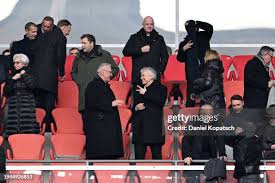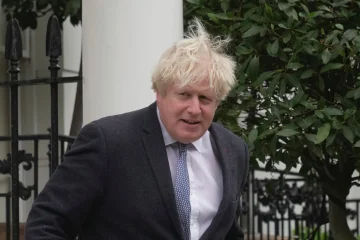The Role and Impact of the UEFA President in 2023

Introduction
The position of UEFA president holds significant importance in the world of football, governing a diverse range of national associations and club competitions across Europe. With the increasing complexity of football governance and the challenges posed by financial management and integrity issues, understanding the role and actions of the UEFA president has never been more crucial. In 2023, the actions and decisions of the UEFA president can have profound implications for clubs, players, and millions of fans throughout the continent.
Recent Developments
In the past year, Aleksander Čeferin, who has held the position since 2016, continued to implement reforms aimed at enhancing financial fair play regulations and ensuring competitive balance in European competitions. Following the controversial European Super League announcement in 2021, Čeferin has focused on re-establishing trust among clubs and fans by prioritising the interests of the traditional leagues.
Moreover, UEFA has recently announced measures to address sustainability in football. UEFA president has voiced support for environmentally friendly initiatives at major competitions, reflecting an evolving awareness and responsibility within football’s governance. This includes promoting green practices in stadiums and helping clubs adopt sustainable operations.
Challenges Ahead
Despite these positive strides, the UEFA president faces numerous challenges. Financial instability among clubs, exacerbated by the COVID-19 pandemic, continues to pressure the organisation’s leadership. The landscape of football governance is further complicated by external factors, such as the influence of wealthy investors and the rise of global competitions that pose a threat to traditional structures.
In addition, the growing debate around player welfare, particularly regarding fixture congestion and the rise of mental health issues among athletes, calls for immediate attention from UEFA’s leadership. As the custodian of European football, the president’s ability to address these concerns will be essential for maintaining the sport’s integrity and ensuring players’ well-being.
Conclusion
The role of the UEFA president is pivotal in shaping the future of European football, tasked with navigating both opportunities and challenges as they arise. The coming years will be critical for UEFA, as decisions made by its president can enhance or hinder the development of the sport. As fans and stakeholders keep a close eye on developments, the president’s ability to balance tradition with innovation will likely define the next chapter in European football. The actions taken today will resonate well into the future, underlining the president’s significant responsibility as not just a leader but as a steward of the game.









